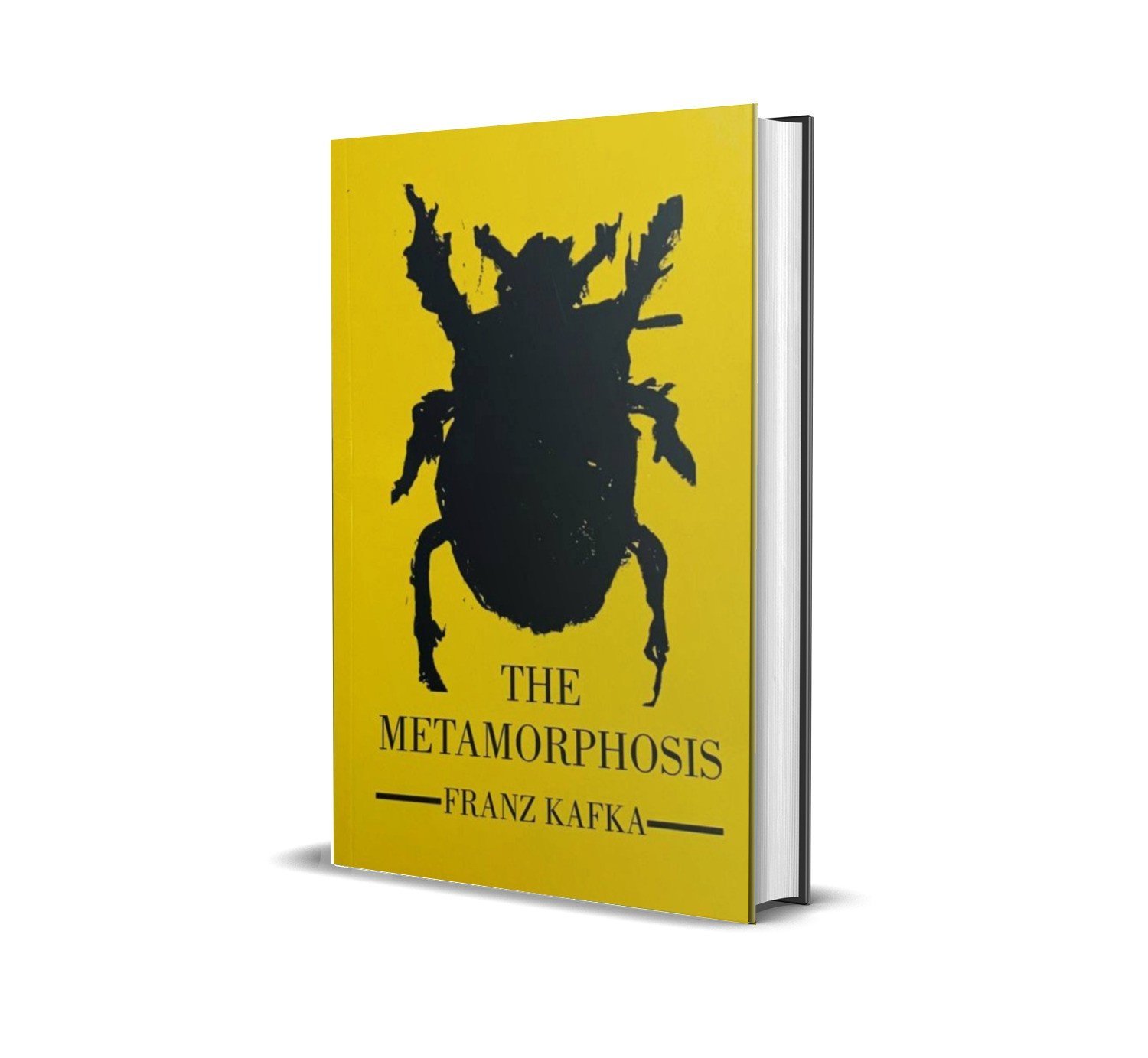FORMAT: PAPERBACK
One morning, when Gregor Samsa woke from troubled dreams, he found himself transformed in his bed into a horrible vermin.’
Thus begins The Metamorphosis, cited as one of the seminal works of fiction of the twentieth century. A story of Gregor Samsa, a travelling salesman, who wakes up one day to discover that he has metamorphosed into a bug, The Metamorphosis is a book that concerns itself with the themes of alienation, disillusionment and existentialism.
As Samsa struggles to reconcile his humanity with his transformation, Kafka, very deftly, weaves his readers into a web that deals with the absurdity of existence, the alienating experience of modern life and the cruelty and incomprehensibility of authoritarian power, leaving them at once stunned and impressed.
save
₹198.00The Metamorphosis by Franz Kafka
₹99.00₹297.00
7 in stock
| Weight | 0.3 kg |
|---|---|
| Dimensions | 12 × 2 × 8 cm |
| GTIN | 9.78E+12 |
| Book Author | Franz Kafka |
| Binding | Hardcover |
| Language | English |
Customer Reviews
There are no reviews yet.
Only logged in customers who have purchased this product may leave a review.









